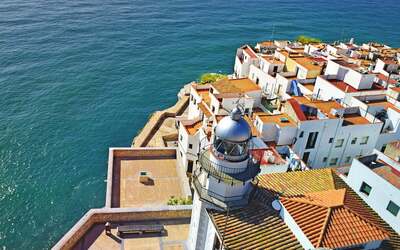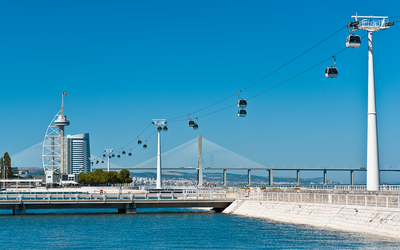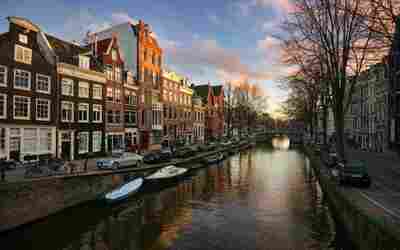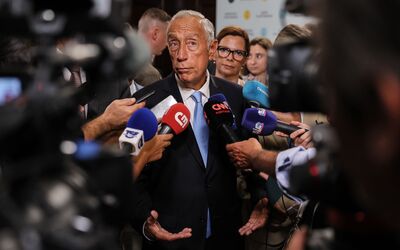Portuguese Prime Minister António Costa has officially confirmed the closure of the Golden Visa program, which provides the opportunity to obtain a residence permit through investment.
Portugal launched the Golden Visa in 2012 to boost the economy by encouraging foreign investment. According to the Immigration Service (SEF), real estate investments under the program have brought Portugal an additional €6.54 billion over the past decade. However, the program has been widely criticized for being used for money laundering and as one of the reasons for rising housing prices in major cities such as Lisbon and Porto. In response to these concerns, the Portuguese government has decided to permanently end the Golden Visa program.
The government also announced measures to combat money laundering in the real estate market. They include the creation of a national registry of property owners, which would require all owners to disclose their identity and the origin of funds.
According to Costa, the decision to close the program is part of the government's efforts to modernize the country and increase its competitiveness in the global economy. The Prime Minister said that the original purpose of the Golden Visa was to attract investors interested in the long-term development of Portugal, and not just those looking for a quick and easy way to obtain a European residence permit.
The end of the Golden Visa program is expected to have a significant impact on the Portuguese property market, which has been heavily dependent on foreign investment in recent years. However, experts doubt that curtailing the program will help solve the housing problem in major Portuguese cities.
According to a ministry statement quoted by Jornal de Negócios, Immigration and Border Services (SEF) can continue to accept requests until the program is officially cancelled. However, from the moment the repeal is announced, "all requests submitted after this date are aware of this condition, so there is no guarantee of analysis and decision, and the procedure ends as soon as the law comes into force." The first official announcement was made on February 16, 2023, meaning all applications submitted after this date are at risk.
The government has also announced that it will introduce new investment programs to replace the Golden Visa, but no details are available yet.
The closure of the Golden Visa program is a significant shift in Portugal's approach to foreign investment. Experts are waiting to see what new investment programs the government will introduce and how these programs will shape the country's economy in the coming years.
Read also: "Golden Visa" of Greece, how the program works, and what are its advantages
What alternatives do investors have to the Portuguese Golden Visa program?
The Portuguese Golden Visa program was the fastest route to EU citizenship by investment, as its holders could apply for citizenship after five years without actually living in the country. Investors wishing to obtain EU residence through real estate investment may consider the investment programs of Spain (500,000 euros), Greece (250,000 euros) and Malta (300,000 euros).
The Spanish and Greek programs require that their participants actually reside in the respective country. Those who want to obtain EU residency or citizenship without the obligation to reside in a specific country can consider Malta's Individual Investor of the Republic (IIP) program, which is a citizenship by investment program. Citizenship can be granted in the form of a certificate of naturalization to foreign investors and their family members who have contributed to the country's economy after a period of 12 or 36 months of residence. Different lengths of residence imply different levels of contribution to the Government of Malta. For example, a single applicant who chooses a 12-month residence period must make a non-refundable contribution to the state in the amount of €750,000. In addition to this contribution, investors must purchase residential property in Malta worth at least €700,000, which must be held for five years, or rent residential property worth at least €16,000 per year.








